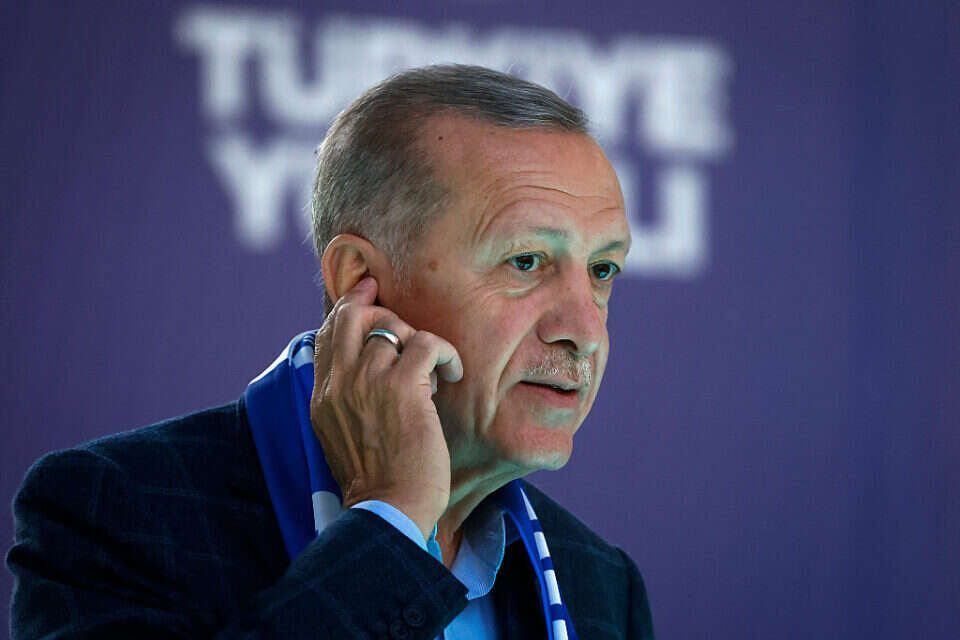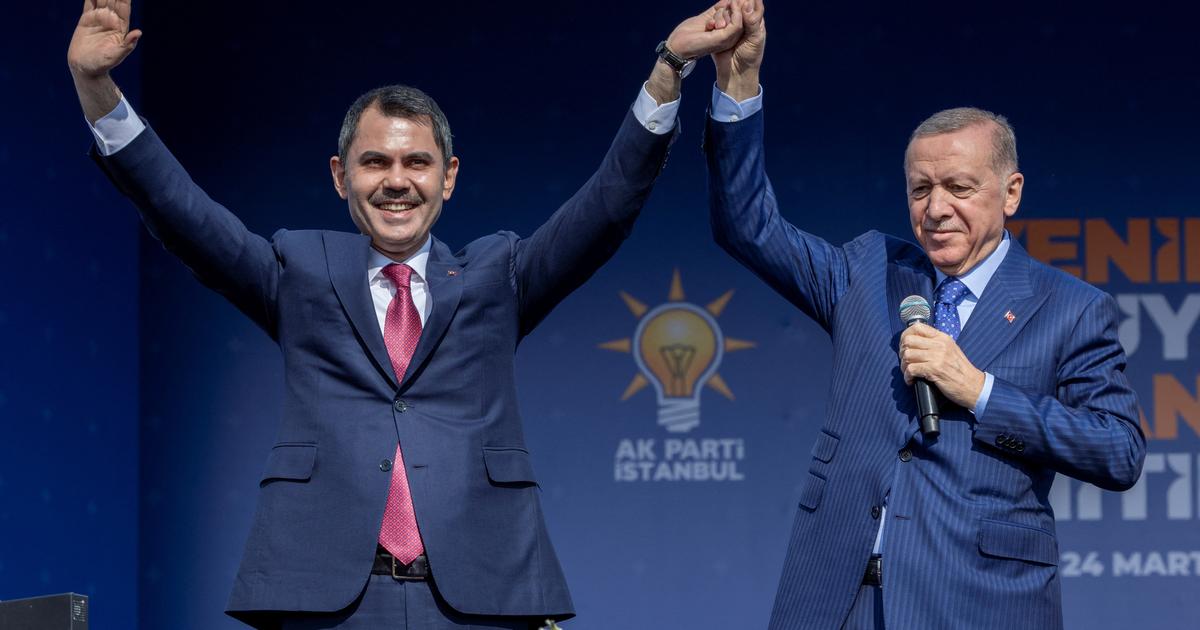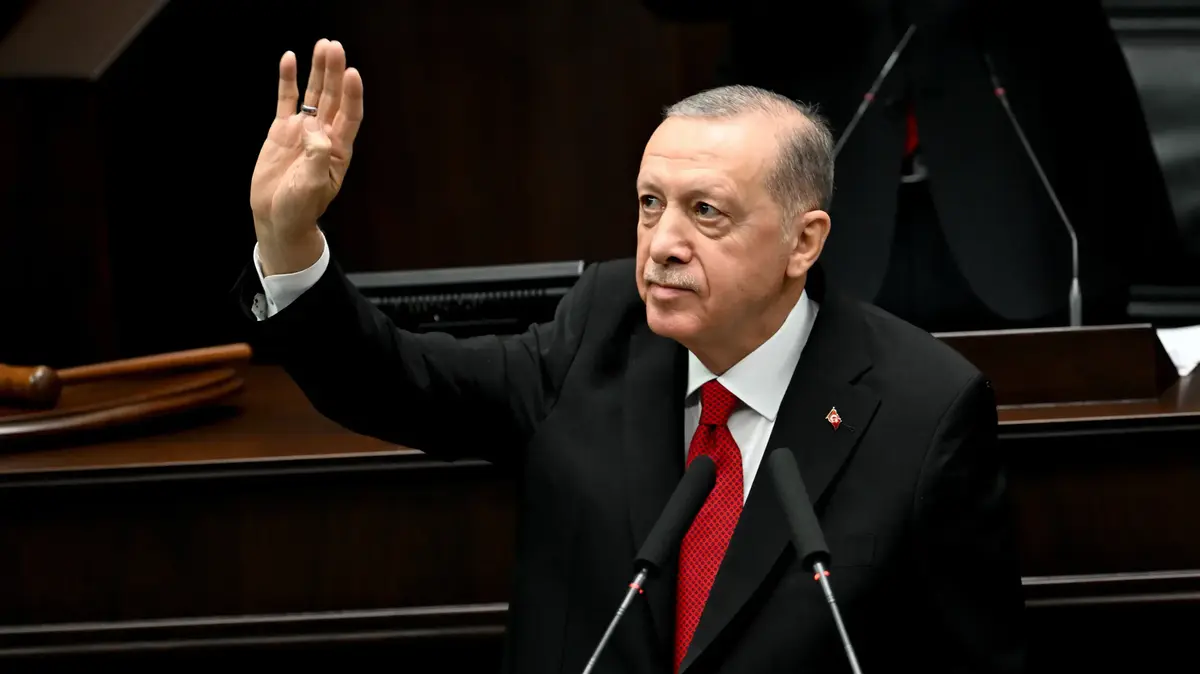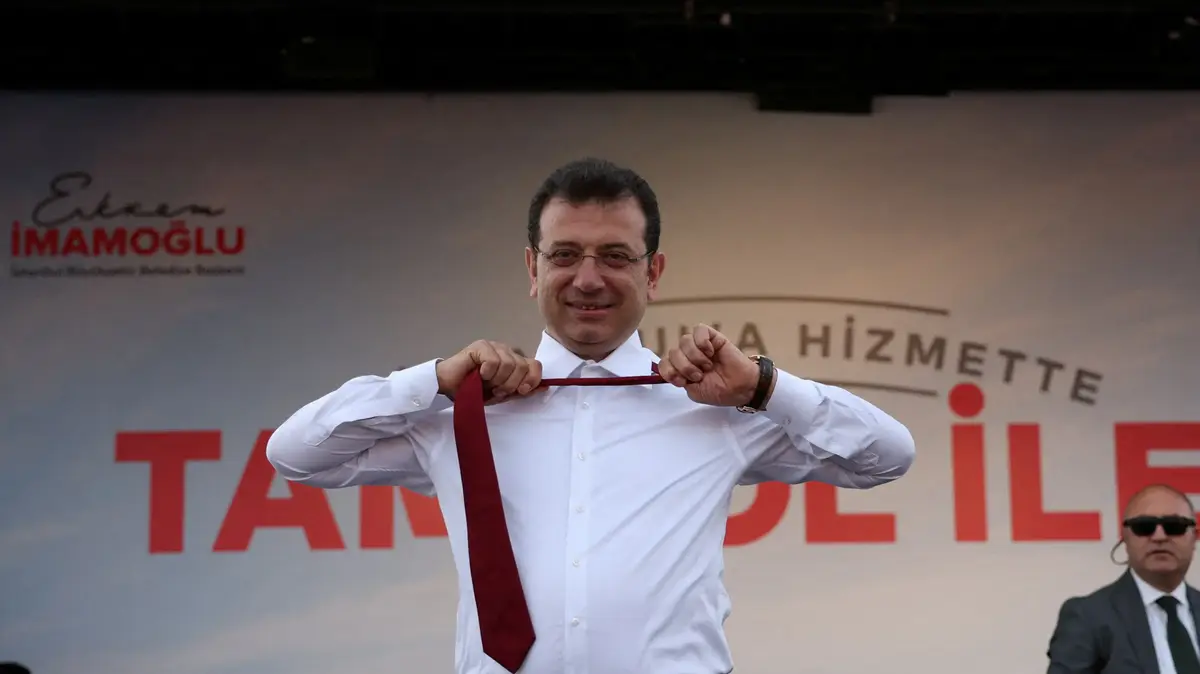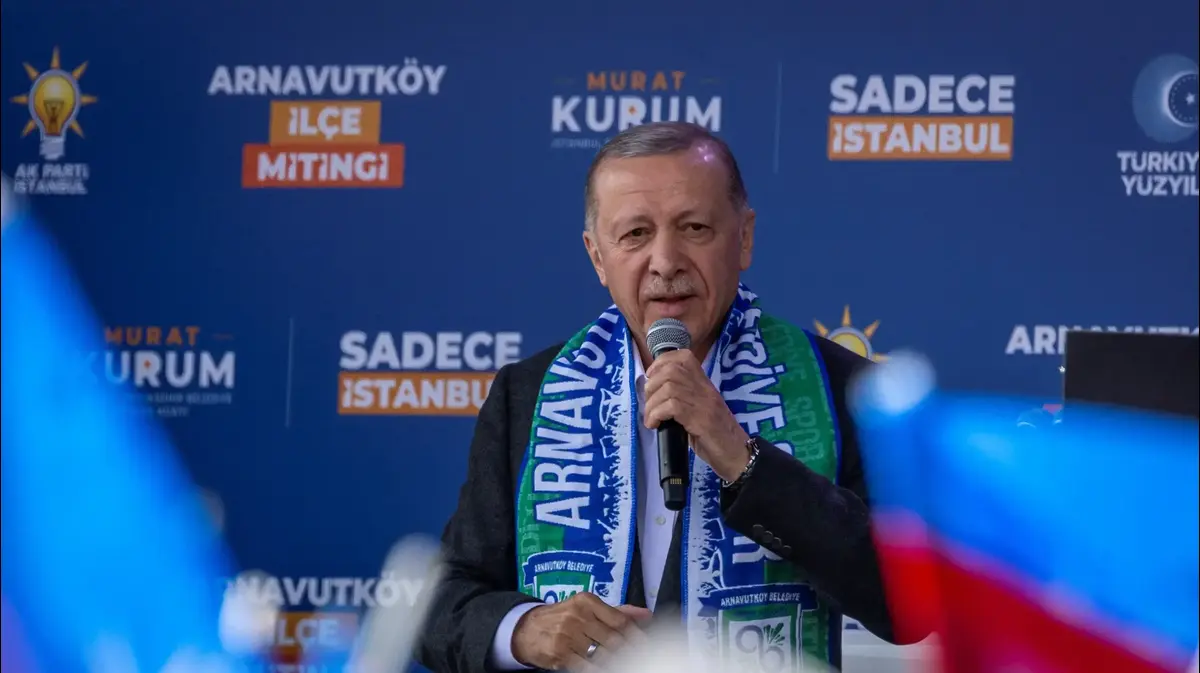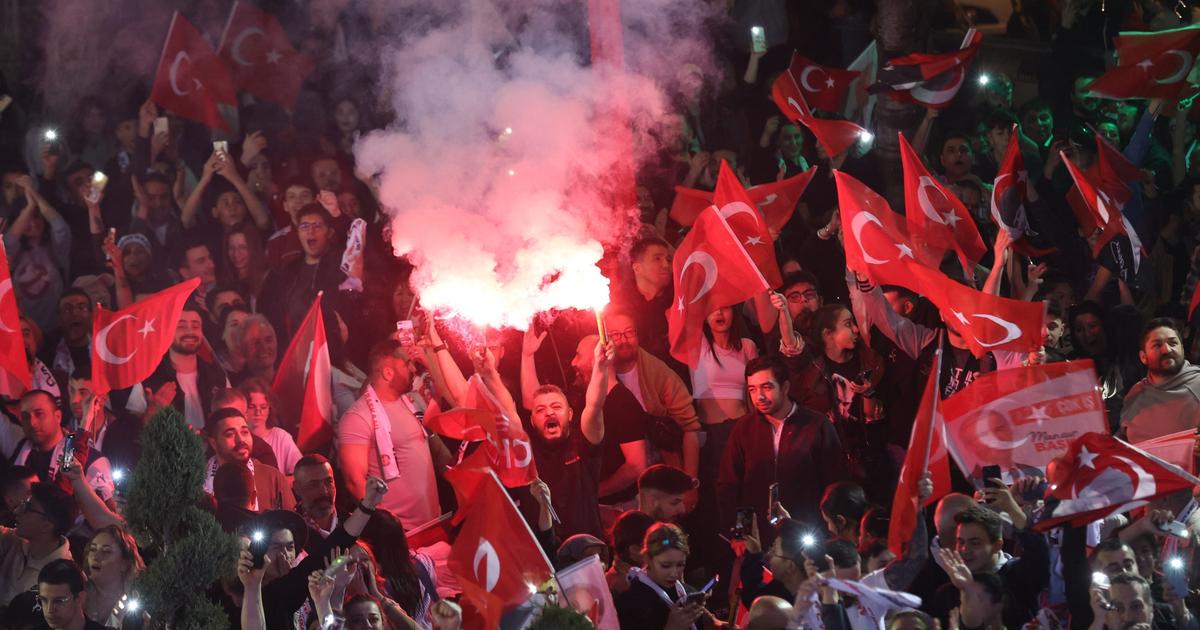News of the end of the Erdogan era turned out to be premature. Those who hoped for a crushing defeat of the Turkish president in last week's presidential elections were disappointed and will have to wait for better days, and perhaps time for him to do his job – after all, Erdogan is 69 years old and not in good health.
Contrary to predictions and early polls, which gave Erdogan's rival, opposition leader Kemal Kilicdaroğlu, "magician" Erdogan won 49.5 percent of the vote, slightly less than the 50 percent threshold needed to win the first-round election. His opponent received only 44.9%. Erdogan has also been able to maintain his coalition's majority in the Turkish parliament. Pollsters now predict that Erdogan will win the second round of elections in about a week.
Some explain Erdogan's expected victory by the fact that during his years in power, he turned Turkey into a country with an authoritarian regime lacking checks and balances. A country in which the judiciary and even the media do not enjoy independence, but rather "master" follow the president's wishes. Needless to say, Erdogan's opponents and critics have often been thrown in prison, and that state apparatuses have been mobilized to glorify his image and ensure his election victory.
Opposition candidate Kılıçdaroğlu, photo: AFP
Turkey under Erdogan seems to have become a country in which democracy is limited and partial, and in fact manifests itself only once every four years, in elections in which the opposition has no chance of winning.
But it turns out that, as elsewhere in the world, this is exactly what the Turkish voter wanted, voting en masse for Erdogan – an authoritarian ruler who radiates power at home and abroad, giving his countrymen and subjects a sense of national pride and confidence in him and his leadership.
Turkey's elections revolved around the question of identity politics. Thus, while the opposition tried to portray its struggle against Erdogan as a struggle to save democracy in the country and rehabilitate the destroyed economy, Erdogan presented himself as the guardian of Turkish nationalism and Islam.
He accused his rival, Kılıçdaroğlu, of being supported by Kurdish terrorists and the West, and therefore a danger to the fundamental values of the Turkish nation. It should be noted that opposition candidate Kilicdaroglu is a secular man, and also a member of the Alavi (Shiite) religion, and is not Sunni.
Most voters in Turkey, especially in rural and peripheral areas and slums in large cities, identify with Erdogan's conservative, religious, and nationalist messages, rather than with the liberal and Western messages of his opponents. For this reason, they heeded Erdogan's call en masse to support him and save their country. After all, for them, Erdogan is the hero who represents them, the common people, against the establishment and the educated and wealthy elites, especially the secular ones, who live in the big cities.
As evidence, even in areas where the severe earthquake took place a few months ago, which exposed the government's failures and incompetence, Erdogan won. In contrast, the major cities, led by Ankara and Istanbul, as well as the Kurdish minority in the east of the country, gave their votes to the opposition candidate.
Turks have become accustomed to Erdogan, and even his critics do not miss the days when the army ruled the country – ostensibly in the name of democracy, secularism and Westernism. The situation in Turkey today is indeed bad, but in those days the economic situation was much worse, and even then political opponents were persecuted and even executed.
It seems that the world – and even we in Israel – have become accustomed to Erdogan. He talks a lot but rarely does, and in practice has managed to maneuver between West and East and between Russia and the United States, and most importantly, he is cautious like fire to cross red lines.
As evidence, even during the depression when relations between Israel and Turkey were known, diplomatic ties were not severed, and trade and tourism relations flourished. So apparently the world also shares the view that Erdogan does after all.
Wrong? We'll fix it! If you find a mistake in the article, please share with us

